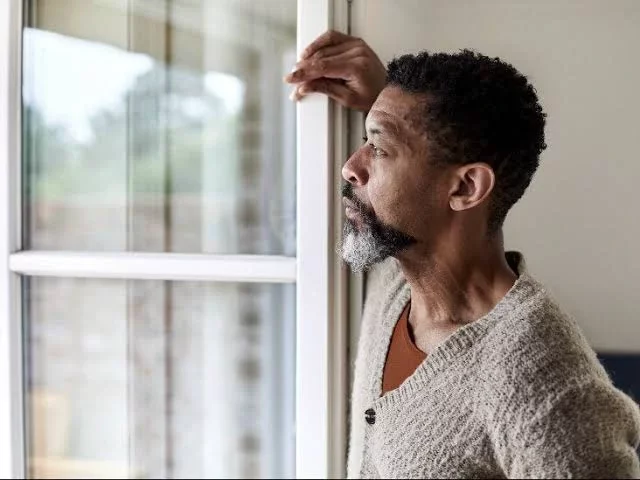Sèxual desire is a natural and important aspect of human life, including for men.
However, as men age, factors such as biological changes, health issues, and psychological factors can influence their sèxual desire.
According to WebMD, this article aims to explore the age at which men may begin to experience a decline in their desire for sèx.
Body
1. Biological Factors
Biological changes play a significant role in the decline of sèxual desire in men as they age. Testosterone, the primary male sèx hormone, gradually decreases with age.
Testosterone is responsible for maintaining séxual desire and libido.
Research suggests that testosterone levels typically peak during adolescence and early adulthood and then decline at a rate of about 1% per year after the age of 30.
This decline in testosterone levels can contribute to a decrease in sèxual desire and overall séxual function.
2. Health Issues
Various health issues can impact a man’s sèxual desire at any age.
However, certain conditions become more prevalent with age and can affect sèxual desire in older men.
Chronic health conditions like diabetes, heart disease, obesity, and hypertension can impact blood flow and hormonal balance, leading to a decline in sèxual desire.
Additionally, medications used to treat these conditions, such as certain blood pressure medications or antidepressants, may also have side effects that affect sèxual desire.
3. Psychological Factors
Psychological factors can significantly influence sèxual desire in men. Stress, anxiety, depression, and relationship issues can all contribute to a decrease in sèxual desire.
These factors can be more common as men age, as they may face additional stressors and life changes, including retirement, loss of loved ones, or health concerns.
Psychological issues can have a direct impact on a man’s overall well-being and may manifest as a decreased interest in séxual activity.
4. Emotional Connection
As men age, their desire for sèx may be influenced by a shift in priorities.
Emotional connection, intimacy, and companionship can become more vital aspects of a satisfying relationship compared to the physicality of sèx.
Many men find pleasure and fulfillment in non-sexual forms of intimacy, such as holding hands, cuddling, or engaging in deep conversations.
This shift in priorities can lead to a decrease in the emphasis on séxual desire.
5. Societal and Cultural Factors
Societal and cultural factors may also play a role in the decline of sèxual desire in older men.
Cultural expectations and stereotypes surrounding aging and sèxuality can influence a man’s perception of his own sèxuality.
Negative societal attitudes towards older adults’ séxual expression can create feelings of shame or embarrassment, which may contribute to a decrease in sèxual desire.
Additionally, media depictions often prioritize youth and séxual prowess, creating unrealistic ideals that can affect a man’s self-image and séxual desire as he ages.
6. Individual Variations
It is important to note that the age at which men begin to experience a decline in sèxual desire can vary greatly.
Every individual is unique, and multiple factors contribute to one’s overall séxual well-being.
While some men may experience a decrease in sèxual desire in their 40s or 50s, others may retain a healthy séxual desire well into old age.
Lifestyle choices, overall health, and personal circumstances all contribute to an individual’s sèxual desire.
![]()



